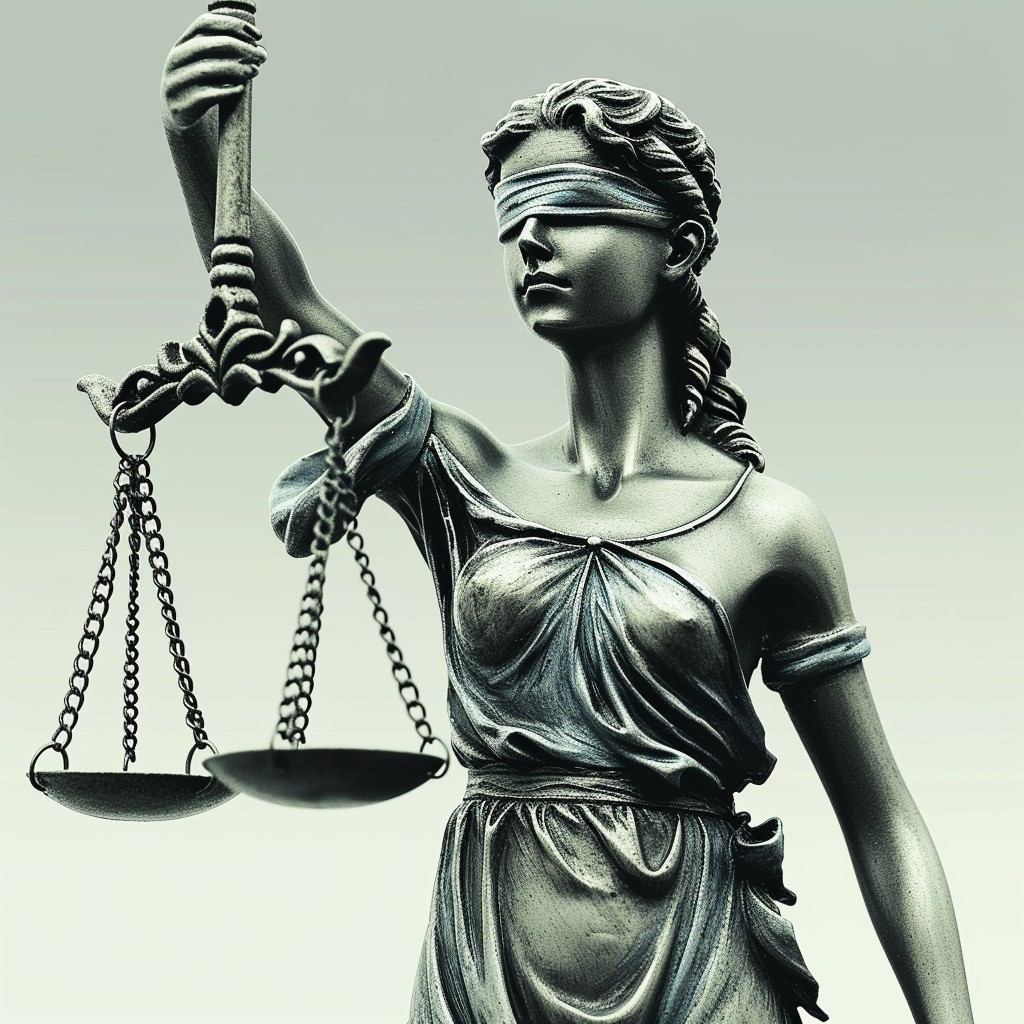Coinbase, a leading cryptocurrency exchange, is under intense scrutiny following allegations of mishandling customer assets. Fred Rispoli, an attorney at HODL Law firm, has criticized the exchange for purportedly converting customer assets, specifically Songbird’s SGB tokens, to its control.
Rispoli likened this alleged action to the unauthorized conversion of customer property, sparking discussions about token holders’ rights and exchanges’ responsibilities within the legal and crypto communities.
Legal battle looms over alleged unauthorized control of SGB tokens
Rispoli’s remarks have ignited a legal battle, with HODL Law actively pursuing litigation against Coinbase. This move highlights broader implications for the crypto industry as questions arise regarding token holders’ rights and the exchanges’ responsibilities.
Lawyer Bill Morgan echoed Rispoli’s concerns, emphasizing the questionable nature of Coinbase’s actions regarding the SGB tokens. Morgan pointed out that Coinbase’s failure to participate in the SGB airdrop snapshot, which targeted participating XRP wallets in 2020, does not justify retaining or selling tokens not intended for the exchange.
Morgan suggested that if brought to Australia, such a case could be framed as unjust enrichment, seeking to prevent one party from benefiting at another’s expense without a valid reason.
These developments underscore the growing legal complexities surrounding cryptocurrency transactions and exchanges’ obligations to their customers.
Regulatory ambiguity complicates the crypto landscape
In a related development, Ripple’s Chief Legal Officer, Stuart Alderoty, highlighted inconsistencies in regulatory stances between the U.S. Securities and Exchange Commission (SEC) and Treasury Secretary Janet Yellen.
Alderoty pointed out a contradiction between the SEC’s dismissal of crypto as a minor concern in the Coinbase lawsuit and Yellen’s call for legislative action to fill regulatory gaps. This ambiguity in regulatory perspectives poses challenges to the crypto industry, which seeks clarity and consistency in legal standards to foster growth and innovation.





